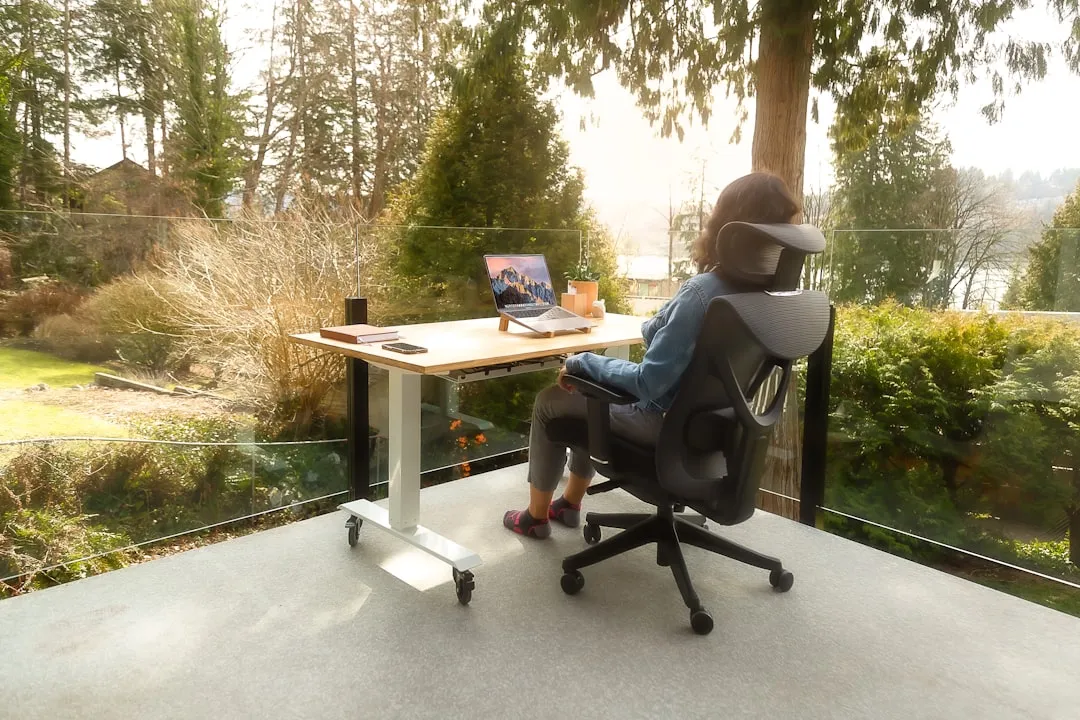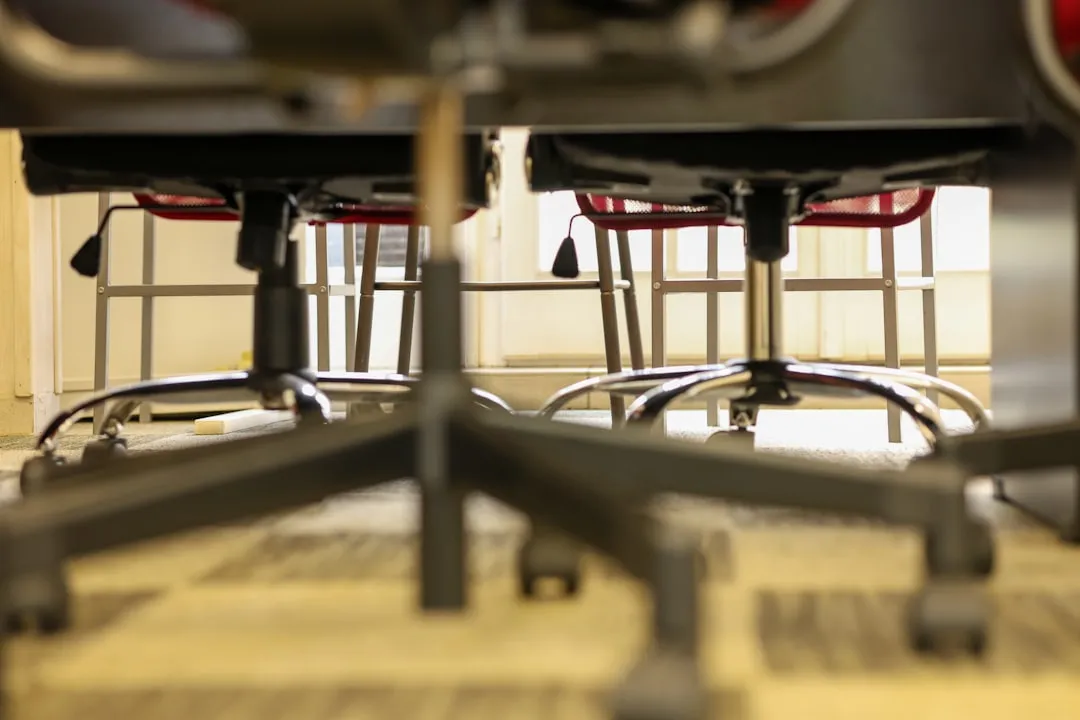Mastering Engineering Problem-Solving Interviews
In the world of engineering, having the right team is crucial to success. It's not just about hiring someone with a degree; it’s about finding individuals who can tackle real-world challenges.
Enter the engineering problem-solving interviews. These interviews are designed to gauge how well a candidate can apply their knowledge to practical situations. But how do you know if you're asking the right questions or assessing the right skills?
Let’s delve into the essentials of conducting effective interviews that test an engineer's problem-solving prowess.
Why Traditional Interviews Can Fall Short
Traditional interviews often focus on theoretical knowledge and past experience. While these factors are important, they might not fully reveal a candidate’s ability to solve real-world engineering problems.
Here are some common pitfalls:
- Theoretical Overload: Relying solely on academic achievements or certifications can overlook practical skills.
- Experience Bias: Prior job titles may not reflect actual problem-solving abilities or adaptability to new challenges.
These limitations can result in hiring engineers who are more book-smart than street-smart, which is a risky mismatch for dynamic roles.
Incorporating Practical Tasks into Interviews
To truly assess a candidate’s capabilities, incorporating practical tasks into interviews is key. These tasks simulate real-world problems that the candidate will encounter if hired.
Here’s how to effectively integrate them:
- Scenario-Based Questions: Pose hypothetical engineering challenges relevant to your industry and assess how candidates approach solving them.
- Hands-On Tasks: Provide practical tasks that require candidates to demonstrate their technical skills and innovative thinking. This could involve troubleshooting issues or designing a simple component.
By observing how candidates handle these tasks, you gain insight into their practical problem-solving capabilities and creativity.
The Importance of Assessing Soft Skills
While technical skills are critical, soft skills like communication, teamwork, and adaptability play a significant role in an engineer’s success.
Consider these approaches:
- Team-Based Exercises: Include tasks that require collaboration with others, simulating the teamwork necessary in real projects.
- Communication Scenarios: Evaluate how candidates articulate their thought process and explain technical concepts to non-engineers.
These assessments help ensure that the candidate can thrive in a team environment and effectively communicate complex ideas.
Leveraging Coburg Banks' Engineering Recruitment Expertise
For companies looking to refine their interview processes, Coburg Banks offers unparalleled expertise in engineering recruitment.
Their team specialises in recruiting skilled professionals across various engineering sectors, including manufacturing, construction, and aerospace.
Why Choose Coburg Banks?
- Tailored Recruitment Solutions: They customise their approach to meet your technical needs and project timelines, ensuring you find the right fit.
- Comprehensive Services: From entry-level technicians to senior engineers, Coburg Banks manages recruitment for all levels.
- Industry Expertise: Their understanding of niche technical roles and specific industry requirements guarantees long-term satisfaction and project success.
With Coburg Banks, you can rest assured that your engineering positions will be filled by candidates ready to tackle both current and future challenges.
Achieving Recruitment Success with Coburg Banks
Picture a team where each member not only excels in technical skills but also collaborates seamlessly and solves problems innovatively.
By leveraging Coburg Banks’ recruitment services, you can build such a team and drive your projects to success.
If you're ready to enhance your hiring strategy, learn more about Coburg Banks’ expertise or book a call today.
Let Coburg Banks help you find engineers who not only meet your technical requirements but also contribute to a dynamic and innovative work environment.


















